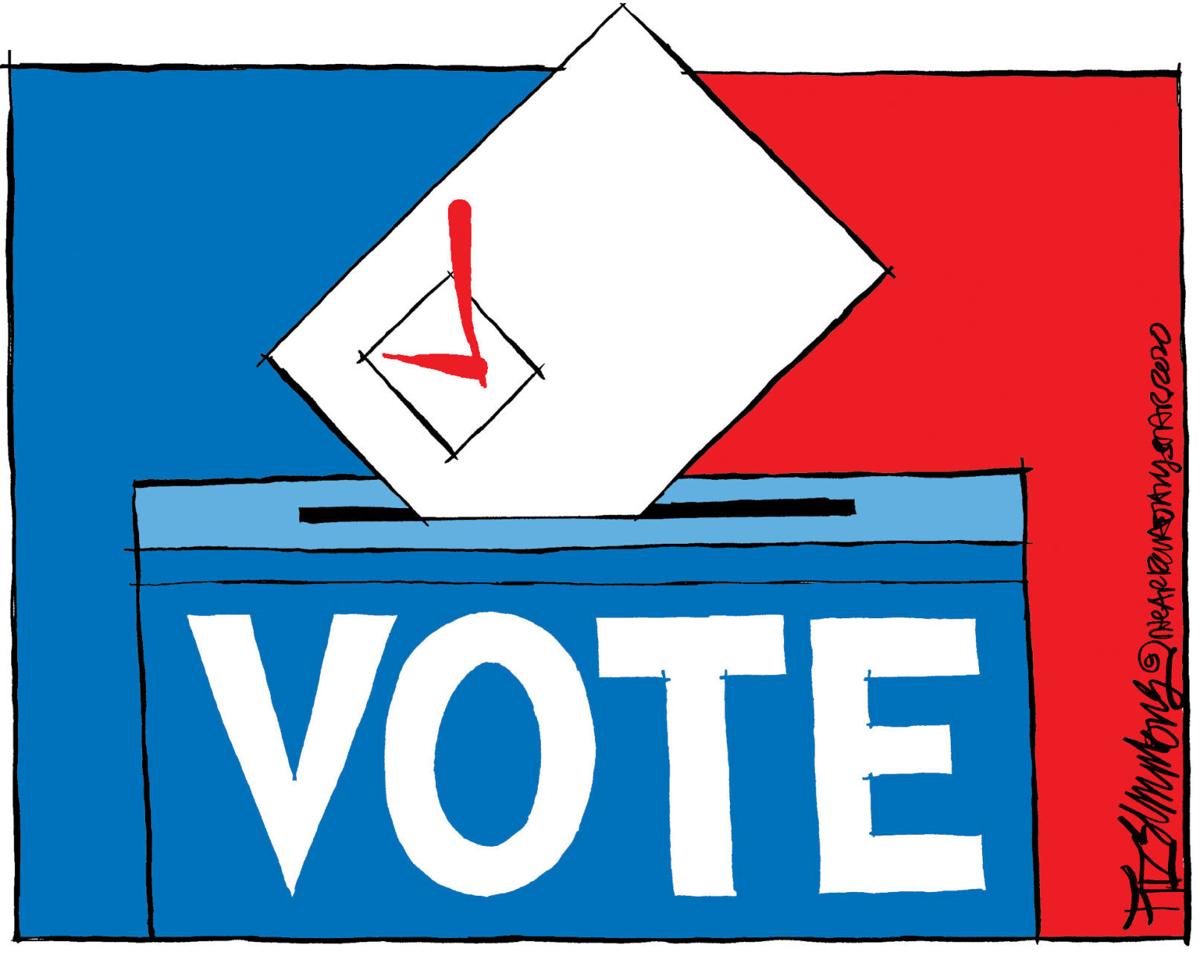Arizonans who forget to sign their early ballots have no legal right to fix them after Election Day to ensure their votes are counted, a federal appeals court ruled Wednesday.
The 9th Circuit Court of Appeals rejected arguments by the state and national Democratic parties that it is illegal to not give those who do not sign the ballots an extra five business days to “cure” the problem. The Democrats’ lawyers pointed out that other laws give a five-day window to fix situations where a signature on a ballot envelope does not match what county election officials have on file.
But Judge Susan Graber, writing for the majority, said those who forget to sign aren’t entitled to the same right.
Wednesday’s decision was not unanimous. Appellate Judge Wallace Tashima said the state “offered no rational explanation” for the disparity. He said the majority ruling “is particularly troubling in these times of unprecedented assaults on voting rights.”
The ruling could leave several thousand otherwise valid ballots uncounted in the 2022 election. Given how close some races have been, that could make a difference in the outcomes.
Most Arizonans choose to vote by mail. That process requires the voter to complete the ballot and then sign an affidavit on the envelope attesting that he or she personally cast the ballot.
“Inevitably, a small number of voters neglect to sign the affidavit,” Graber noted.
In 2018, for example, the most recent figures in court records, 2,435 ballots statewide were rejected because they arrived in unsigned envelopes and the voters never made the trip to county election offices by 7 p.m. on Election Day to “cure” the problem.
If election officials find an envelope is missing a signature, they attempt to notify the voter — ballot envelopes have a space for a phone number — and tell them their ballot will not be counted. They offer an option of fixing the problem with a replacement ballot, but only through 7 p.m. on Election Day.
The Democratic Party sued, and U.S. District Court Judge Douglas Rayes ruled last year there was no reason for the disparate treatment of unsigned ballots versus those with mismatched signatures.
Graber disagreed. She pointed out that the ballot envelope states, in two separate places, the requirement of voters to sign, and said that imposes a minimal burden.
Potentially more significant, she said there is no evidence that the burden of having to sign a ballot falls disproportionately on any specific group, a factor that could lead a court to find it is discriminatory.
On the other side of the equation, Graber said there is evidence that allowing a post-election fix of unsigned ballots would create an administrative burden on poll workers.
“Under plaintiffs’ requested relief … election officials in all 15 counties in Arizona would have to process post-election-day attempts to cure missing signatures,” the judge wrote.
She acknowledged that officials from several counties, citing the small number of affected ballots, said the burden would be minimal, as did Secretary of State Katie Hobbs, a Democrat.
But the judge said that view is not universal. Graber cited Chris Roads, who was the deputy recorder in Pima County. He provided statements that it would create a significant administrative burden.
Staffers would have to find each original unsigned ballot so the voter could correct the problem after Election Day, Roads said, which he said could only be handled with workers of two different parties present.
Graber said that is different than when election officials are dealing with a ballot with mismatched signatures. “A voter may verify his or her signature with a short phone call to the recorder’s office,” she wrote.
Tashima blasted his colleagues for relying solely on Roads’ concern. He was unimpressed by Roads’ description of the administrative burden.
“… If it takes two minutes to help a voter, it is difficult to see how the state’s interest in avoiding this administrative burden is a relevant and legitimate interest sufficiently weighty to justify the limitation” on voting rights, he wrote.





